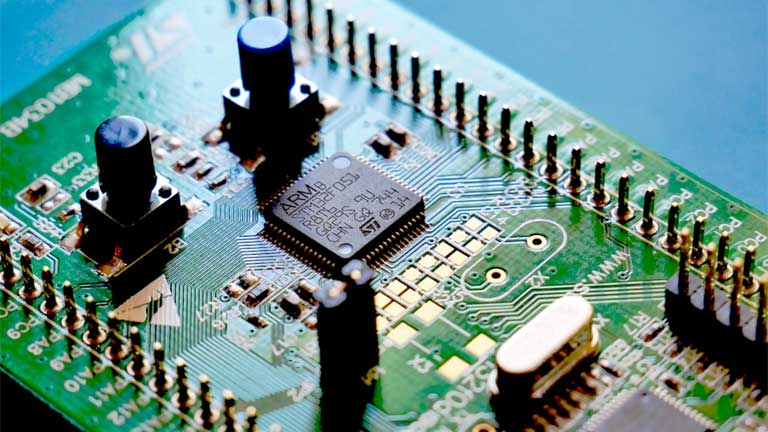Custom embedded systems, integral components that blend hardware and software to perform dedicated functions within larger systems, are at the heart of numerous modern technologies. From automobiles and smart appliances to healthcare devices and industrial machines, these specialized computing units play a pivotal role in enhancing performance, efficiency, and features. As we delve into the future, several technology trends are poised to shape the evolution of custom embedded systems, heralding a new era of innovation and application possibilities.
Current State of Custom Embedded Systems
Today, custom embedded systems underpin a broad spectrum of industries, enabling advancements that were once thought impossible. In the automotive sector, they facilitate advanced driver-assistance systems (ADAS) and electric vehicle controls. In healthcare, embedded systems are crucial for wearable health monitors and diagnostic equipment. The Internet of Things (IoT) has further expanded its applications, integrating intelligence into everyday objects. This foundational role underscores the importance of custom embedded systems in driving forward technological progress and operational efficiency.
Technology Trends Shaping the Future of Custom Embedded Systems
Miniaturization and Power Efficiency
Advancements in semiconductor technologies, such as System on a Chip (SoC) and nanotechnology, are pushing the boundaries of miniaturization while enhancing power efficiency. This trend is vital for the proliferation of wearable technology and portable devices, enabling them to perform complex tasks without compromising battery life.
Edge Computing and IoT Integration
The rise of edge computing, characterized by processing data closer to where it is generated, is revolutionizing custom embedded systems. By integrating more processing power at the edge, embedded systems can ensure enhanced data security, real-time processing, and reduced reliance on cloud-based services, essential for IoT scalability and efficiency.
AI and Machine Learning Integration
The integration of AI and machine learning into custom embedded systems is transforming capabilities, from consumer electronics with personalized experiences to industrial machines with predictive maintenance and automated quality control. This trend is facilitating smarter, more autonomous systems capable of adapting to their environments and improving over time.
5G Connectivity
The rollout of 5G networks offers unprecedented connectivity options for embedded systems, enabling higher data rates, reduced latency, and increased device density. This connectivity leap is set to unlock new functionalities and applications, though it also presents challenges in terms of system design and security.
Cybersecurity Enhancements
As embedded systems become more connected and integral to critical functions, the importance of cybersecurity cannot be overstated. Trends toward hardware-level security measures and secure coding practices are gaining momentum, aiming to safeguard these systems against evolving threats.
Challenges and Opportunities
The future of custom embedded systems is not without its challenges, including a significant skills gap in embedded system design and development. Additionally, manufacturers must navigate the delicate balance between driving innovation, managing costs, and ensuring the security of their systems. However, these challenges also present opportunities for growth in new markets, such as smart cities and precision agriculture, where custom embedded systems can play a transformative role.
Conclusion and Future Outlook
In conclusion, the future of custom embedded systems is bright, fueled by technological advancements that promise to expand their capabilities and applications. As we look forward, the industry must continue to innovate and adapt, ensuring that these systems can meet the evolving needs of a rapidly changing technological landscape. With their critical role in enabling smarter, more connected, and more efficient technologies, custom embedded systems are set to remain at the forefront of technological progress.




